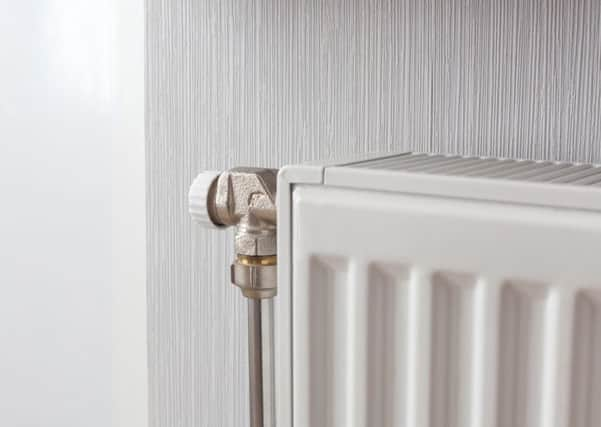Five tips for maintaining your home


This keeps the system running efficiently and helps to prevent pipes from freezing,” says Karl Tulloch from Rightio (www.rightio.co.uk), which provides home repairs and services throughout the UK. Some boiler controls have a holiday mode, which shuts some, but not all of the central heating system off.
Alternatively, you may be able to programme the heating to come on briefly twice a day; keep your normal settings, but turn down the radiator valves; or turn the heating on and off remotely when you want with a smart controller, such as Worcester’s Wave. This is an internet-connected programmable controller for central heating and hot water that can be operated using a smart phone or tablet - see www.worcester-bosch.co.uk/products/boiler-controls/wave
Advertisement
Hide AdAdvertisement
Hide Ad2. “It’s essential that gutters are cleared of silty build-ups, plants, leaves and other detritus,” says Tulloch. “Even a small build-up of mud can prevent water from flowing freely and if water can’t escape through the guttering, it will only go one way - into the house, causing damp.” If you notice that water’s falling sharply from the gutter when it’s raining, there’s probably a blockage there, or the gutter needs to be repaired or replaced. To stop gutters getting blocked, fit gutter guards, which are grates that block debris but still allow rainwater to get through.
3. Drains and manholes can get blocked, but some build-ups aren’t bad enough to block them and yet still prevent them from working properly. For example, some cooking oil and fats can harden in pipes and freeze in winter, eventually causing blockages (instead, pour them into a jar or tin, leave to harden and then put in the bin). If you have problems with your home’s drains, get a professional to jet-wash them so they flow freely.
4. Chipped, cracked and flaking paint on wooden doors, windows and sills can let in water, which eventually causes rot. If the wood’s already suffering from wet rot, scrape out the worst of it, treat the rest with a wood-hardening liquid designed for wet rot, and fill with exterior wood filler - Polycell Polyfilla for Wood Large Repairs (from £9.99, Homebase) is a professional-style two-part filler that’s much easier to use than most. Finally, sand and clean off the repair, and apply exterior wood paint.
5. Look over your home’s exterior walls. Missing pointing and damage to render and paintwork can cause damp inside. If there’s moss or algae on an exterior wall, water is probably getting to it, often from a dripping downpipe or gutter, so you need to solve the problem and scrub off the growth. A good masonry paint will provide long-lasting protection for exterior walls.